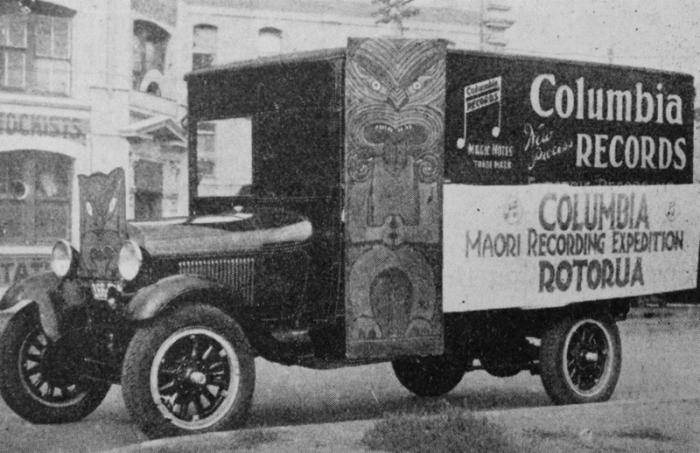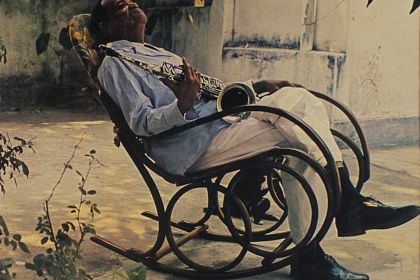Choir
Māori singing tradition arranged for Rotorua choir by Alfred Hill

Māori Inc Drawing с.1818
The impressive vocal traditions of the Māori people were first reported by Captain James Cook who explored the coast of New Zealand at the end of the 18th century. According to Cook, he was an eyewitness to the amazing Māori performances, both solo and choral, noting that a song's melody greatly differed from Western classical pieces.
A pivotal figure in further research of Māori traditions was one Alfred Hill, an Australian composer born in 1869, who devoted his entire life to his studies. Many Māori songs in his arrangement had been recorded during the Māori Recording Expedition organized by the Columbia records in 1930.
After receiving a musical education at the Leipzig Conservatory, Alfred Hill spent most of his life in New Zealand where he founded the Institute of Māori studies at Rotorua. His instrumental pieces written in Māori themes reveal smooth melody lines while his adaptations of traditional vocal music recorded by the Rotorua Māori Choir are the only examples of early Māori music.
The lorry which transported the Сolumbia recording outfit from Auckland to Rotorua:


In the early 1900s, Anglican clergyman Frederick A. Bennett has formed the Rotorua Māori Choir whose repertoire included traditional waiata songs, Christian hymns, and compositions by Alfred Hill.
In 1930, during his tour of New Zealand, the manager of Columbia’s Sydney branch was so impressed with the Rotorua Сhoir that he decided to send a special recording outfit in order to record the group—a logistically complex event by the technical standards of the time.
Listen to the folk songs Punehunehu and Kote Ngau Para Rahi performed by Rotorua Māori Choir:
The crew of engineers set up their equipment at the Tunohopu meeting house which was thoroughly reworked to achieve acceptable acoustic conditions necessary for recording. An annex, similar to a control room one might find at a recording studio, was added on the porch of the meeting house and described by a sound producer as "an ingenious erection of borrowed planks and poles".
Working 16 hours a day, Columbia's team was faced with many difficulties, such as getting everyone to rehearsal on time or interrupting the recording process for the funeral ceremony.
Listen to a musical game Titi-Torea performed by Rotorua Māori Choir:
In the end, 30 days were spent to record a two-hour phonogram containing about 50 tracks, but the result was really worth the effort.
Listen to love ditties Huri Huri and Haere Atu Ra performed by Rotorua Māori Choir:



